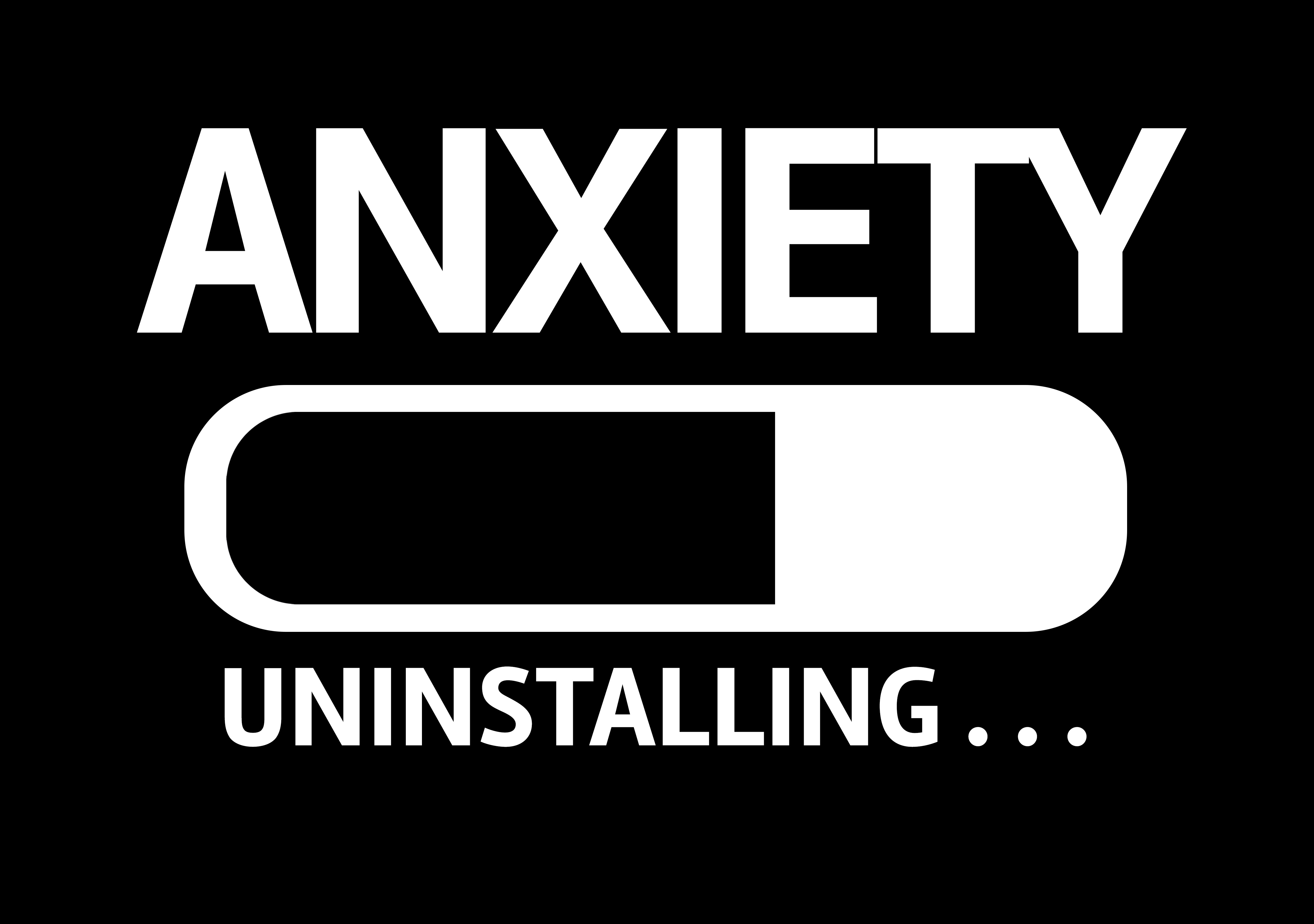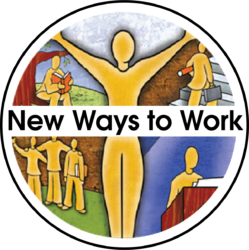Interacting With Adults Is A Skillset
Much of what I know about interacting with “adults”, or older professionals who seem to have so much more experience and knowledge than I do, was learned firsthand. In sharing these lessons I hope that they will help other young people make friends with adults, increasing achievement and success.
About Me
I spent the first two years after graduating high school working in the education innovation industry, contracting for a non-profit organization called Big Picture Learning (BPL). BPL is dedicated to equitable, student-centered learning. During my work for them I’ve run workshops, been interviewed on podcasts and on the news, attended public speaking gigs at conferences, and written an article for Fortune magazine. My life has been about this work since I started in 2021 and I hope to continue down this road.
Though I’m proud of what I’ve done over the past few years, the real treasures, sincerely, are the friends I made along the way. In her book “Who You Know: Unlocking Innovations that Expand Students’ Networks”, Julia Freeland Fisher highlights the role social capital (or lack thereof) has in the existence (or deconstruction) of opportunity gaps between young people. That’s a powerful idea–we all know the importance of networking for our careers, but do we realize how many uncontrollable factors, like socioeconomics or family situations, impact our ability to do so?
Adults Want To Help You
Leveraging the Unique Social Position of Being The Youngest In The Room

Being the “young person” in a room full of “adults” puts you in a unique social position. Most of the time, you’re not being judged as a “real” adult, so no one expects you to speak like a grad student. Social faux pas are less serious. You’re afforded more sympathy and grace. In fact, I think folks are more likely to think back to when they were our age and respect the courage it takes to be where you are.
When you come into conversation as a young person, it can be assumed that you don’t know much. That’s usually not true. However, when adults see a young person asking questions, they tend to be happy to answer them. Capitalize on that! When you meet someone with a cool job, ask them to tell you how they got there. Or if you see someone deliver an excellent speech, ask them how they wrote it. You could learn some really useful information, and if not, it’s a way to open a conversation. Nine times out of ten, an adult’s disposition is friendly and open to helping you out.
Nervousness Is Human

Understand two things: (1) it is entirely normal to be nervous; (2) you can feel nervous about something and do it anyway. Before each speech I give or introduction I make, I remind myself of that. Chances are, whatever adult you’re trying to make friends with feels nervous or has felt nervous, too.
Many young people’s experiences with adults are largely based within the context of a classroom. Classrooms are not structured to facilitate open, honest, and full connection between youth and adults. Think about all of the barriers that exist in student-teacher relationships–raising your hand to ask a question, having to ask to use the bathroom, or calling your teacher by Mr. or Ms.. There are clear expectations and boundaries in the classroom that dissolve in the working world, and it takes time to recalibrate.
Intergenerational Divide & Connection

I work with children, teenagers; and folks in their 20’s, 30’s, 40’s, 50’s, 60’s, 70’s, and 80’s. I’ve found that there can be some serious cultural differences between age groups. For example, if I were to quote a Tik Tok audio to a colleague in his 50’s, he might look at me funny, much like I look at him funny when he references a band I’ve never heard of. It can be embarrassing to make a reference that no one understands (ask me how I know).
On the other hand, intergenerational connection can spark a funny cultural hodgepodge. At my last conference in Louisville, one of my colleagues taught me how to dial numbers on a rotary phone and I explained what “posted up” means to multiple people. Approach these situations with light-hearted good faith, and it can be a wonderful experience.
Connecting With People, Not Picking Up Tools

Most importantly, I want to steer you clear of networking for networking’s sake. Don’t put positions before people. Never approach a conversation with a “what can you do for me?” mindset. Don’t preemptively hand someone your card. Instead, appreciate each person as philosopher Immanuel Kant would–treat each person not as a means to an end, but as an end in and of themselves.
On that thread, recognize the humanity in all of your peers, same-age or otherwise. Workplace conversations and relationships don’t have to be all about work. Ask people about where they live, where they’ve traveled, their children, pets, or anything else. Don’t be afraid to veer off of the prescribed path–some of the best, most bond-building conversations I’ve had at conferences were about jazz musicians, Buddy Cianci, and clinical strength deodorant.
Growing My Personal Community
The reason why I’m so fervent about the work I do with BPL is because I have experienced first-hand a lack of community and meaningful relationships with adults. When I transferred to The Met high school my senior year, it was my first time experiencing “adults” as mentors, modelers, confidantes–not just as teachers. I saw my passion for life blossom under their nourishing rain, as it continues to do in community with my adult colleagues now.
I cannot overstate how important these connections are to me professionally, educationally, and emotionally. Cultivating this network enables me to do so much more than I could do by myself. I said earlier that these friendships were the real treasure, and I hope these tips “share the wealth”.
As goes the African proverb– “If you want to fast, go alone. If you want to go far go together.”

